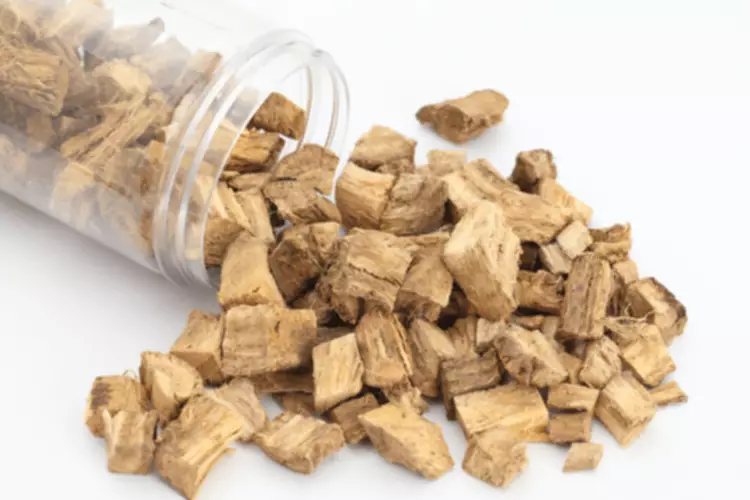
It is possible to be dependent on a substance without being addicted. Physiological dependence can occur with many different kinds of substances, including common medications. Tolerance and withdrawal are not universal features of substance use disorder; hallucinogens, for example, do not create tolerance or withdrawal symptoms. There is an important distinction between drug addiction vs. drug dependence.

If taking drugs makes people feel good or better, what’s the problem?
Other examples include ketamine and flunitrazepam or Rohypnol — a brand used outside the U.S. — also called roofie. These drugs are not all in the same category, but they share some similar effects and dangers, including long-term harmful effects. Click on any substance below to find out some characteristic signs and symptoms of abuse and addiction to that substance. You can cross from misusing Adderall to being addicted to it without realizing it. Another name for addiction is severe substance use disorder. It can be difficult to determine if a loved one is abusing drugs or alcohol.
Who’s Most Likely to Become Addicted?

Learning to recognize the signs and symptoms of substance use disorder can be the first step toward seeking help and receiving treatment. If you’re currently using a substance regularly and are concerned it’s turning into a habit you’re unable to stop on your own, talk to a healthcare signs of drug use provider. A provider can also give you guidance on how to have a conversation with your children about SUD and get them help if you think they’re at risk. The clinical manifestation of abrupt cessation of a substance of abuse is withdrawal.
What Are the Behavioral Signs of Drug Abuse?
People who become addicted to opioids are often prescribed prescription drugs, such as painkillers, often following something like an accident or surgery. They can then start taking higher doses of those prescription drugs, which can lead to abuse. They may also seek cheaper forms of opioids, such as heroin.
- Treatment may involve an inpatient or outpatient program depending on each person’s situation.
- If you or your loved one are exhibiting signs of addiction but you don’t know where to turn, American Addiction Centers (AAC) can help.
- A person trying to hide addiction may redirect the conversation with arguments or even aggressive mood swings, and distraction methods are also a defensive sign.
What are the chances my loved one could be addicted?

They may have difficulty remembering details of important appointments or blatantly ignore pressing deadlines or obligations. Both stimulants and depressants alter the activity of hormones responsible for tiredness and wakefulness. It may mean they are funneling their energy toward feeding the impulse of using drugs. Frequent failure to show up or follow through on plans, lack of enthusiasm, or dulling of talents can all indicate an underlying struggle. Take note if someone is becoming complacent in realms they used to take great pride in or apathetic towards the people or hobbies they usually cherish.

He or she will continue to drink or use drugs, even if it’s causing problems. One of the noticeable behavioral signs of drug use is the occurrence of sudden and unexplained mood swings. Individuals struggling with drug addiction may experience extreme shifts in their mood and emotions. They might appear elated and euphoric in one moment, and then become irritable, agitated, or even aggressive in the next. Drastic changes in mood can occur in substance use disorders, along with hypersensitivity and increased irritability.
- The first step of substance use disorder treatment is withdrawal management.
- In the United States, about 17 million people had both an SUD and a mental health disorder in 2020.
- Intoxication with alcohol is a major cause of traffic accidents and violence to others.
- Substance abuse is a complex issue with significant impacts on individuals and society as a whole.
- Addiction involves both the mind and the body—and every other facet of existence, because they all interact.
- Psychological signs of drug abuse can include changes in a person’s thought patterns, attitudes, beliefs and priorities.
